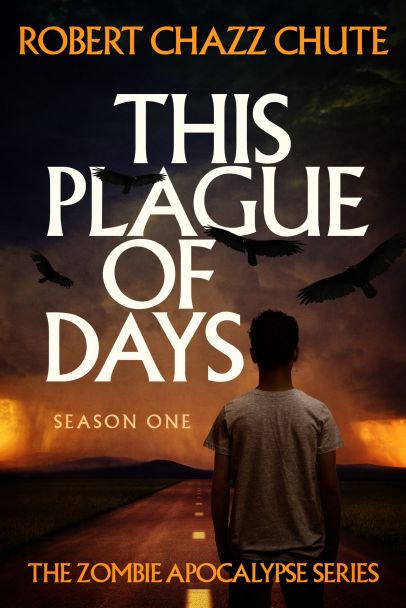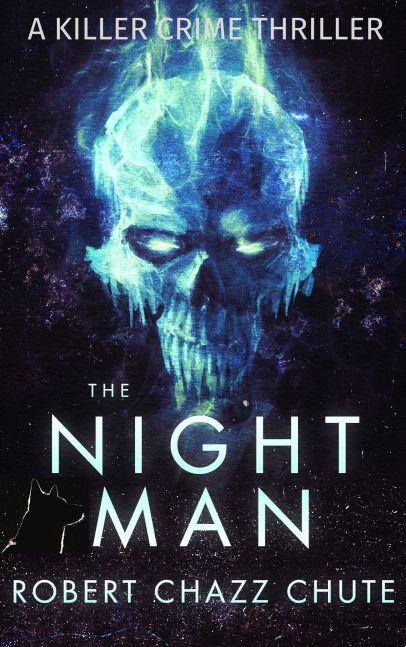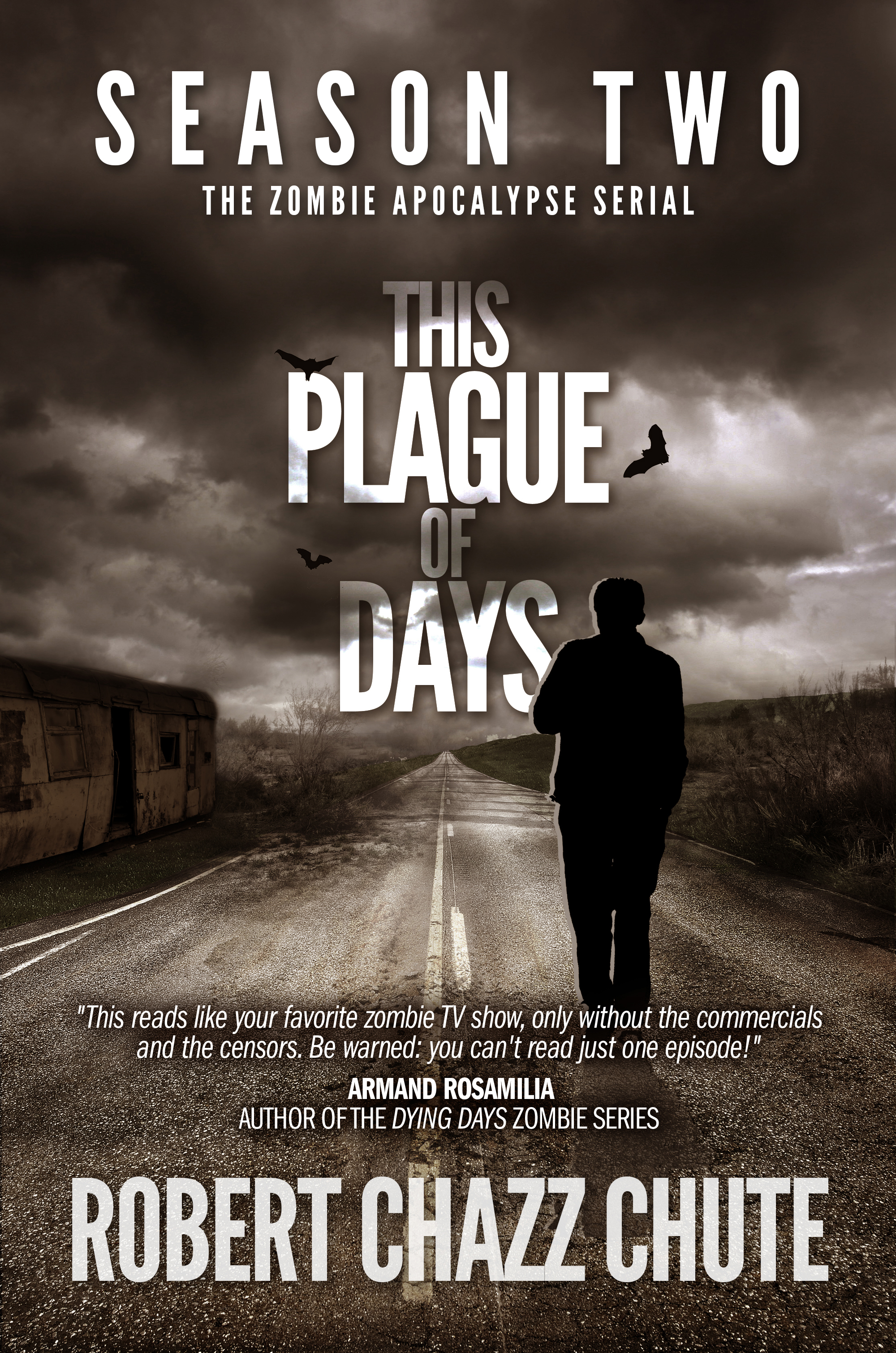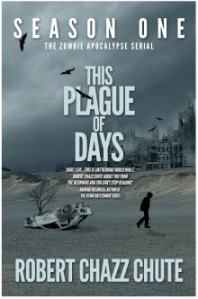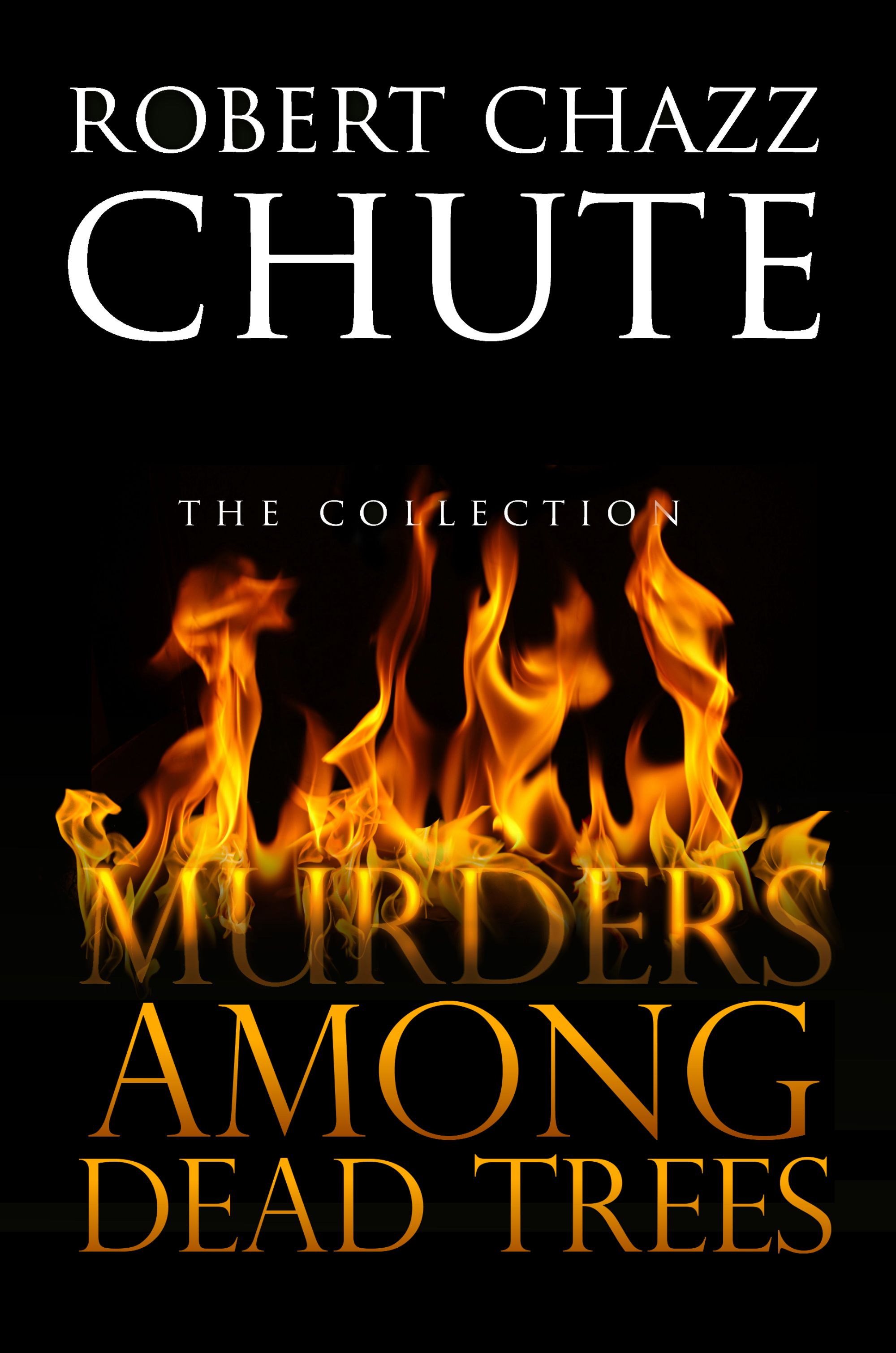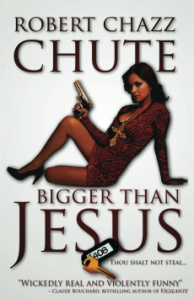1. I think charity, political action and social justice is important. Let’s not lose sight of what’s important.
This post is about doing what’s necessary and managing our time better as writers and publishers. Don’t click away. It’ll be fun. You’re going to like this post a lot, trust me, but before we proceed, please consider that at least one good kidney is what’s really necessary. Please sign your donor card. Follow @RSawatsky and retweet him. #DudeNeedsAKidney! Spread the word to change and save lives. Thank you.
We now return to your regularly scheduled programming…
Organ donation matters to all of us but Amazon and Hachette’s machinations really don’t much. I try not to get too caught up in industry debates that don’t affect me and hurt my productivity if I give them too much energy. I’ve commented on Amazon versus Hachette, but I don’t live and breathe that debate because I feel no agency in changing the outcome. Amazon and Hachette are gonna do what they’re gonna do.
Meanwhile, I’m publishing my fifteenth book at the end of the month. (That averages out to five a year, so clearly I’m a slacker.) My point is, it’s better that I spend time telling stories instead of scurrying around the ankles of giants.
2. If you can’t afford to pay an editor, you can swap services, use your writing group or crowdsource. Finding a good editor is hard. Harnessing the hive mind, if you have enough solid people on your side, is easier in some ways. If you can afford to hire an editor, don’t stop there. You probably still need to crowdsource to get a lot of eyes on your manuscript before you release it. More proofreaders in your beta team now mean fewer problems later.
Beware of people who approach you about editing your next book. Better not to answer them. Best to depend on the team you develop and choose. Finding help gets easier as you go along. Don’t despair and take the time you need. Also, there’s zero shame in taking that job you need to pay for the professional assistance you need. You’re a full-time author if you put in a lot of hours, no matter what job is listed on your tax form.
3. I got a bill. As a result, I have never been so focussed as I am now on the famous 80/20 rule. That which does not advance my writing career in some tangible way is a waste of my time and I am ruthless. Priorities are: family and friends, exercise, writing, a certain degree of social interaction and the pursuit of happiness along career lines.
I write and exercise early in the day to make sure that gets done. Everything has a schedule and I am plugged into it.
Why exercise? Because we’re sitters and sitting is the new smoking. Self-care puts the oxygen mask on yourself before assisting other passengers in need. Do that or we’re all gonna die.
4. Experiments are conducted. That which works, stays. That which does not is jettisoned. Bookbub and BookGorilla and Freebooksy are still in. I try smaller services sequentially (separating promotions) to see if they have an effect on daily sales. They don’t (for now) so they’re out. I’ll revisit them periodically to see if they’ve grown their subscriber lists substantially, especially if they’re free services.
If I can spend an afternoon at some kind of author event and if I’ve just reached one new reader and touched their hearts? I’ve wasted that afternoon.
I’m not playing small ball, anymore. I don’t hang out hoping for individual conversions. I make alliances with my fellow author army for mass mind invasions. I experiment with keywords and categorization. I give sermons to the masses. Scalable stuff. I don’t want twelve disciples. I want a vast cult of love that spreads among strangers by word of mouth in airport lounges and through the matrix as fast as the newly converted can warble at each other excitedly about my last book and my next book. I am a happy infection.
Don’t get me wrong. I love every reader who gets me. I’m not trying to sound harsh. I’m trying to maximize my time because I’m not immortal (yet.) Only the willing are drafted. I’m prepared to sell my books and ideas but it’s an invitation, not a hard sell that makes me hate myself and lose psychic energy.
If I have to spend time convincing them to take my book into their hands? They aren’t ready for me. They’re ready for James Patterson. Godspeed.
5. It’s best to hire someone to do your graphic design. I always recommend Kit Foster of KitFosterDesign.com. He is awesome and if you employ his talents you’ll undoubtedly sell more books.
If you can’t do that (due to financial emergency or scheduling issues), kdrenegade and picmonkey are options that work best together. There are many editing programs. Whatever we do won’t be as good as what a professional can do for us, but it might do until we can redo those covers with the pros.
Do do your best or you’ll rue your doo doo book covers.
6. Book formatters can make your work look great and elevate your art with their art and sensibility. Pay them if you can afford to do so. Otherwise, let’s not be quite so hard on amateur formatting attempts as long as it’s functional.
For instance, book formatters will insist that your print book must begin on the right. The people who care about this are book formatters. They can be hypercritical of details no one else notices. Also, unlike the formatting experts, I prefer seeing the title at the top of each screen of an ebook. I tend to read ten books at a time and the header they disparage as unprofessional reminds me which book I’m looking at instantly. (Did I mention I don’t have a lot of time to spare? Yeah.)
If you don’t care about certain details, you can do it yourself without expense or worry you’re doing too much that is wrong. Experts love to tell you you’re wrong. Non-experts, too. Especially non-experts.
There is much to obsess over. This is not one of those things. Prioritize what matters to you.
7. I blog when I have something to say. Otherwise, I write books.
Chasing the dragon by posting to a blog twice daily (or more) in an effort to boost blog traffic is so 2004.
8. YouTube videos of cats freaking out = a gravity well from which no one escapes. Don’t go there. If you do, you’ll write one less book this year.
You can’t feed your cat by watching cats on YouTube unless you film your own cat to make money on YouTube. You didn’t think all those crazy situations caught on video were accidents, did you? No. That’s a conscious plan to monetize cute (and steal your writing time.)
9. Don’t complain. Never explain.
Someone at Thanksgiving dinner and on Christmas Day is caught up in outdated misconceptions of what you do. This is an energy suck. Do you really want to have that same conversation about how ebooks aren’t real books, the smell of paper blah-de-blah and your publishing venture is not legit unless a trad publisher pays you a pittance and abuses you with ferocious contract terms?
Don’t get sucked in. Instead, agree with the Uncle Bozo. Tell him he’s absolutely right. He hasn’t changed his mind about anything ever, anyway, so stop butting foreheads. Your aspirations don’t matter and books don’t pay. Tell him what he wants to hear.
Then tell him, “Fortunately, you can remedy that.” Thank him for his concern as you say, “I’ve got my books in the trunk of the car. You can buy them right now! Thanks again! Be right back!” Don’t wait for his reply.
Bring them all. Before he can protest, tell him you have change for big bills. (With Square, you can also take his credit card.) Refuse to leave until those boxes are empty and his trunk is full. His choice is to buy your stuff or admit he was being a prick and trying to make you feel bad about your aspirations.
Uncle Bozo will never bother you again.
10. Look to others’ successes to figure out how to proceed and what practices to copy.
Don’t waste a minute worrying that everyone else is playing this game better and getting luckier and selling more books than you.
They are all doing much better (often succeeding by accident while you try guile!) They’re all doing great and thinking about buying a boat. You suck. I suck, too. I know! I know! But worry doesn’t help that. Writing the next book helps that.
You’re going to write that next book, anyway, no matter what the “market conditions” are. So go do that. No bullshit.
And stop checking your sales dashboard stats for green arrows ten times a day!
~ This post was briefly titled, “As an authorpreneur…” Then I changed it to “As an writer…” and it went out like that. Oh, for God’s sake! We now return to our regularly scheduled self-loathing….
Filed under: author platform, publishing, Rant, #dudeneedsakidney, @RSawatsky, a call to arms, authorpreneur, bloggers, blogging, books, kidney donation, kidneyforruss.wordpress.com, no bullshit, organ donation, project management, publishing, readers, Robert Chazz Chute, Russell Sawatsky, selling books, Time management, writers, writing, writing books, writing life





